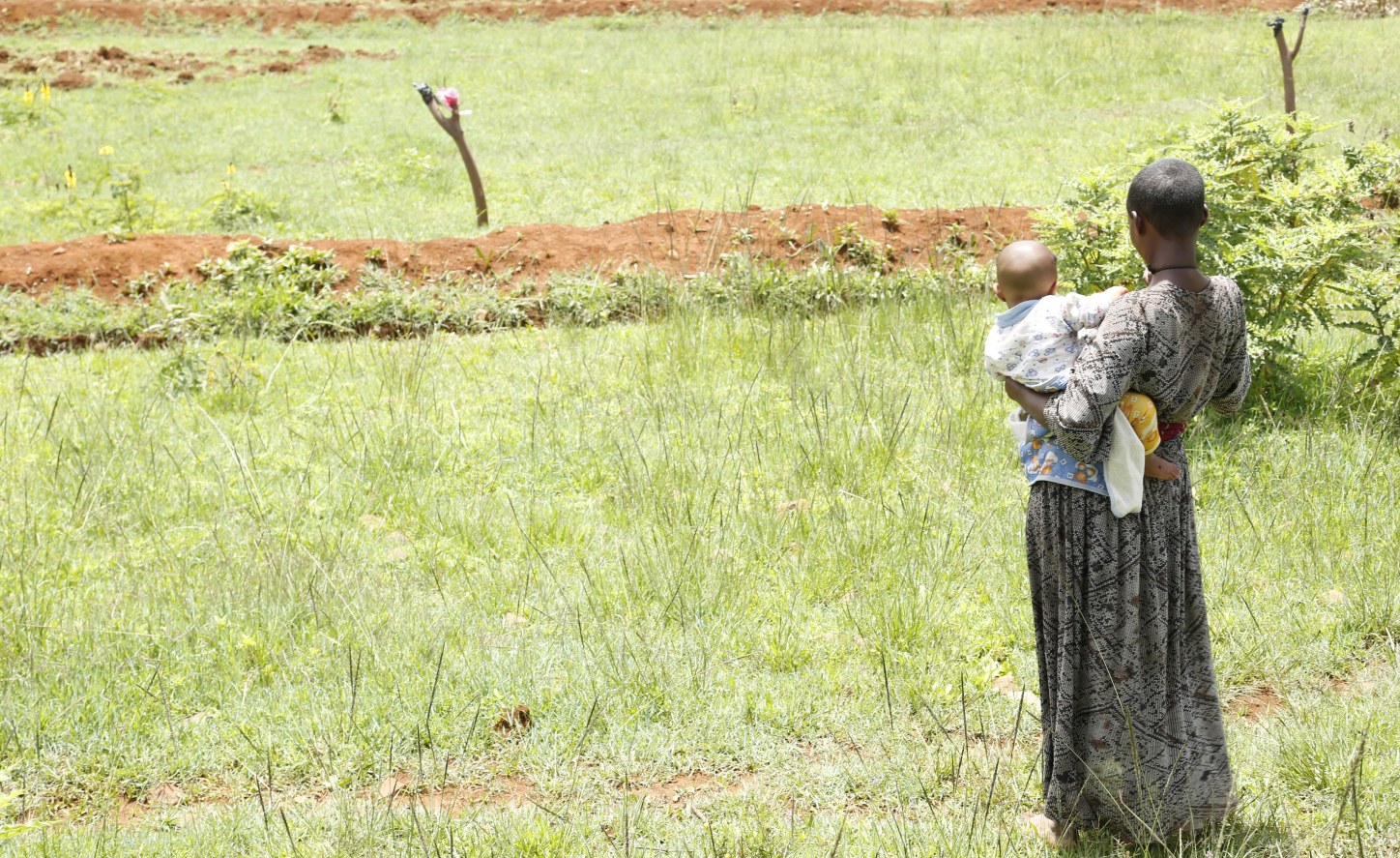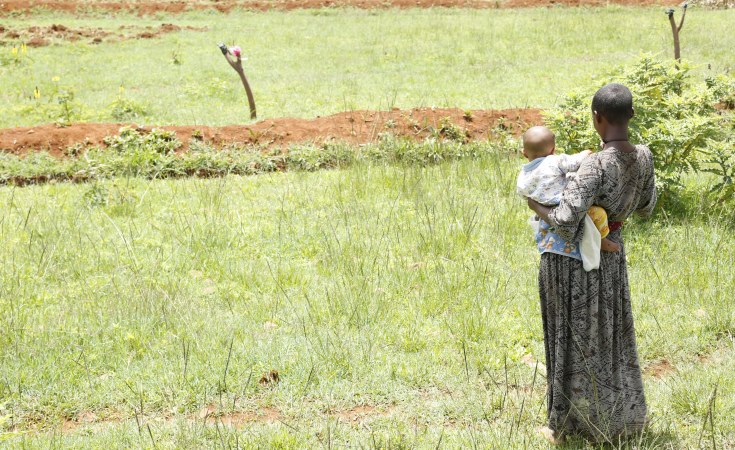ABUJA, May 30 (NNN-ALLAFRICA) — A report by the United Nations Children’s Fund (UNICEF) has predicted that Nigeria will have 29 million child brides by 2050.
The report, a part of three reports on how poverty affects children in Nigeria, was launched by the Vice-President, Yemi Osinbajo, in conjunction with UNICEF to observe 2022 Children’s Day.
The report put Nigeria’s current number of child brides at 22 million, which it said represents 40 per cent of such cases in West and Central Africa. It, however, further predicted that seven million more child brides will be added by 2050.
Citing the Nigeria Demographic and Health Survey (NDHS) 2013, the report added that 58.2 per cent of Nigerian girls get married before they turn 18 years old.
It stated that although a comparison of data from 2013 to 2017 revealed a drop in child marriage in Nigeria, it described the rate of decline as modest.
It said the country ranks among those with the slowest declining rates of child marriage in West and Central Africa.
“The rate of decline is also not enough to significantly reduce child marriage in Nigeria under current conditions. Even if efforts are redoubled, Nigeria will add about seven million child brides by 2050. This is because the statistically observed decline will be upended by population growth and the prevalence of child marriage in some regions and cultures, erasing whatever little progress is made in reducing child marriage in Nigeria,” the report said.
The report noted that, by 2018, the percentage of women marrying before the age of 18 had dropped from 48 per cent to 43 per cent, while the percentage of women aged 15-19 marrying before the age of 15 had dropped from 12 per cent to 8 per cent.
The report, however, proffered ways by which the increase can be mitigated, saying Nigeria has to overcome some challenges to effectively reduce child marriage.
These issues include numerous states in the federation failing to domesticate the child rights act (CRA), especially in the northern part of the country).
It also noted that the federal government’s failure to legislate and enforce 18 years as the minimum age for those seeking a constitutionally recognised marriage, is a factor.
The three reports are titled; “The Situation Analysis of Children,” “Multidimensional Child Poverty Analysis,” and “Monetary Child Poverty in Nigeria.”
They are prepared by the country’s ministry of budget and national planning in collaboration with UNICEF.
The multidimensional overlapping deprivation analysis approach revealed that approximately 54 per cent of Nigerian children are multidimensionally poor, meaning they face at least three deprivations across seven dimensions of child rights, including nutrition, healthcare, education, water, sanitation, adequate housing, and information.
According to the analysis, the child poverty rate is highest among children aged 16-17 and lowest among children aged 0-5.
The report states that children are the most sensitive to poverty and that poverty has long-term effects on children’s well-being, even into adulthood.
Peter Hawkins, UNICEF representative in Nigeria, while speaking on the reports, said the multidimensional child poverty report shows that more children are living in poverty in rural than urban areas.
He said children in Nigeria are denied at least three out of seven child rights benefits, adding that the country will need about one trillion to tackle child poverty.
“The multidimensional child poverty analysis using multidimensional overlapping deprivation analysis approach reveals that approximately 54% of children in Nigeria are multidimensionally poor by facing at least three deprivations across seven dimensions of child rights including nutrition, healthcare, education, water, sanitation, adequate housing, and information,” he said.
He added that “the monetary child poverty report shows that 47.4 per cent of children face monetary poverty by living in households with expenditure less than N376.5 a day – national poverty line. Slight differences are observed between boys (47.98 per cent) and girls (46.8 per cent) while there are high geographical and state disparities (from 6.5 per cent in Lagos to 91.4 per cent in Sokoto)”.
Hawkins urged the government and other concerned parties to do more to address the problem, saying, “We still have a long way to go towards assuring the well-being of children and families in Nigeria, with persistent multidimensional poverty being a critical impediment.” — NNN-ALLAFRICA







